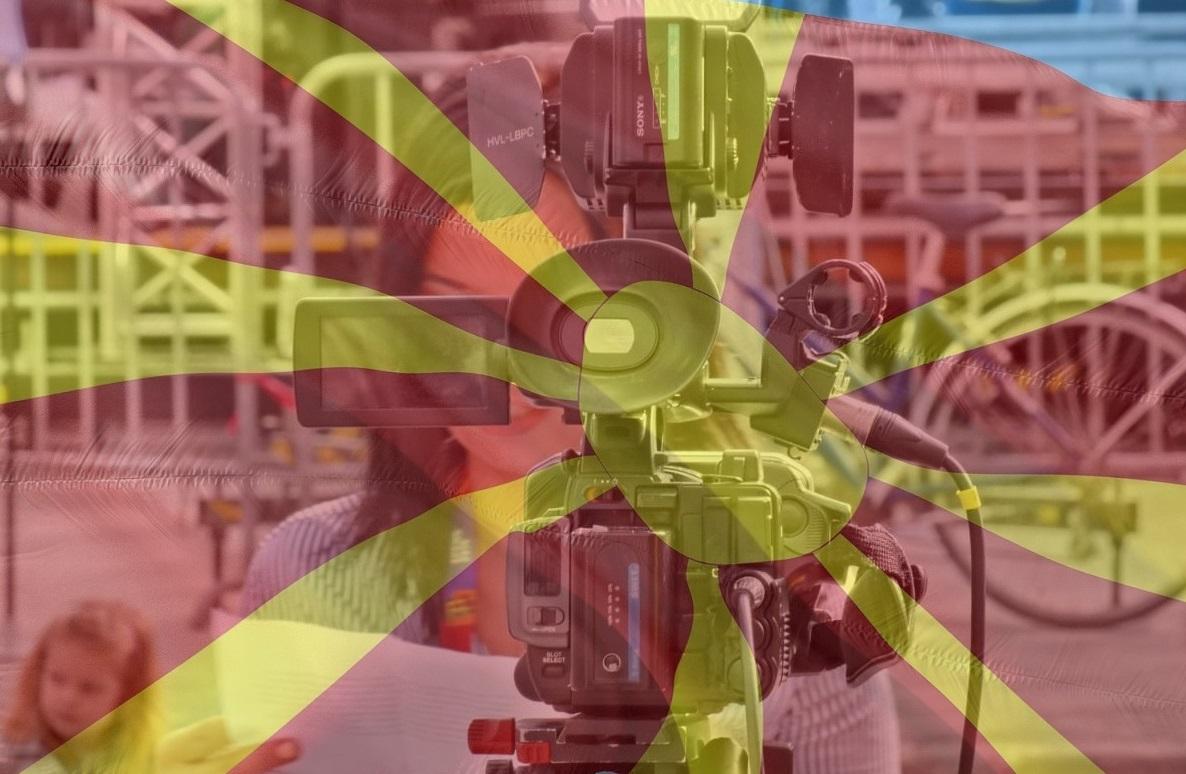Asset-Herausgeber
Media Situation in North Macedonia
Asset-Herausgeber
The media landscape in North Macedonia is diverse and characterised by a decreasing quality of journalistic work, lack of objectivity and professionalism. This is mainly a result of increasing influence of political and business elites. At the same time electronic media have faced an inefficient implementation of new regulations adopted in accordance to the EU standards as well as objectives that the country has to fulfil on its path to European integration. This provokes discussions and divisions of opinions among media representatives ("pro" and "anti" changes in the print media regulations).
Difficult financial situation
A bad economic situation of the media, a small market, and close relationships between politicians and businessmen lead to a rather controlled media market. A lack of economic transparency and objectivity as well as increasing self-censorship are problems often mentioned by media experts, journalists and the international community. Owners of media outlets “are considered the greatest threat and are the force behind self-censorship. Most owners are far more concerned about their other business interests — which their media outlets exist to support”, according to the IREX Media Sustainability Index 2019 Report.
According to the 2021 Vibrant Barometer of the IREX, the main source of financing comes from sales of advertising time slots resulting in some degree of self-censorship. It further states that media channels relying solely on foreign financing tend to publish more accurate and reliable news and information. During the COVID-19 pandemic, the authorities introduced several measures supporting the media sector, including both traditional and online media.
Internet portals on the rise
New technological opportunities inevitably brought huge changes in the media landscape, by which all media sectors are affected. National TV channels have been digitised. By written standards they should produce news, educational and cultural as well as entertainment programmes. But most of them are focusing on mere entertainment, music and film.
Internet portals intend to replace print media and promote online television offers. The quality of news portals is often rather poor. In order to be first by delivering news, they frequently don’t fulfil traditional professional standards.
The European Commission's report in 2020 states that online media is currently not regulated by law and emphasized on the need to regulate the work of internet media. This is especially necessary regarding disinformation. Still, “disinformation, hate speech, disrespect of professional standards and violations of intellectual property rights are frequent in online media”.
Politics interfering with journalism
Many owners of new media outlets created after the collapse of former Yugoslavia were stakeholders who had nothing in common with journalism itself, they earned enormous amounts of money "overnight" in the early period of the transition and mainly took care of their own businesses by maintaining good relations with politicians. This led to very close relationships among some of the leading journalists, editors and editors-in-chiefs with political elites – relationships that have strengthened instead of diminished over the years.
Sources:
- Media Observatory
- Agency for audio and visual media services
- Media Development Centre
-
IREX Media Sustainability Index 2019, North Macedonia Report
- IREX Vibrant Barometer 2021, North Macedonia
- EC Report 2020, North Macedonia
Jasmina Mironski, Ss. Cyril and Methodius University in Skopje
2020 adjusted by Luise Mosig
2021 adjusted by Ralitsa Stoycheva, KAS Media Programme South East Europe



